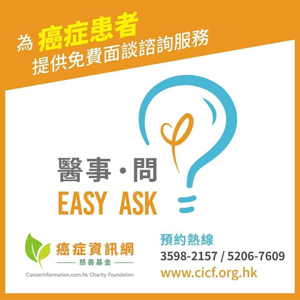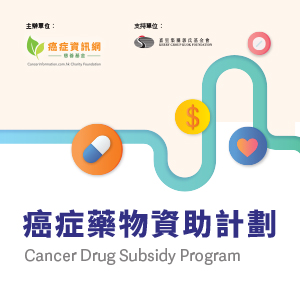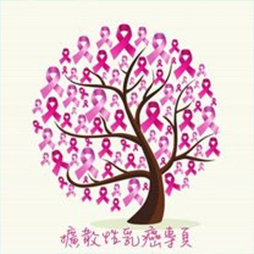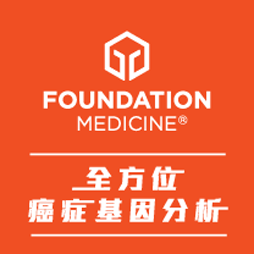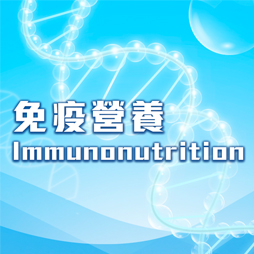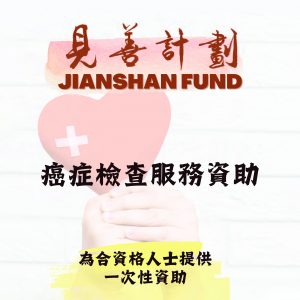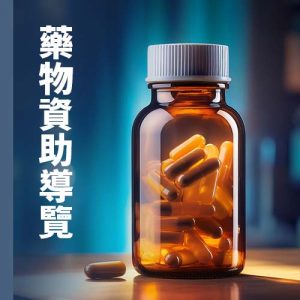
Delivering drugs to cancerous tissue is one of the more urgent medical issues of our time. The problems with drug delivery are many. These chemicals often become diluted in body fluids or absorbed by other organs. And even when they do reach their target, they cannot always penetrate cancerous tissue easily. So a better way to deliver drugs that overcomes these issues is urgently needed.
Step forward Mariana Medina-Sánchez and pals from the Institute for Integrative Nanosciences in Germany. They’ve created a unique drug delivery system that uses sperm to carry the active ingredient into a tumor. Their new approach is designed specifically for diseases of the female reproductive tract such as gynecological cancer, endometriosis, pelvic inflammatory diseases, and others.
The system is simple in essence. Medina-Sánchez and co simply soak sperm in the active ingredient, which causes the sperm cells to take up surprisingly large doses. They then force the sperm to swim into a kind of mechanical harness—a self-tightening micromachined structure that attaches to the head of the sperm.
The harness is coated in iron, which allows the sperm to be steered by an external magnetic field. So the sperm provides the propulsive power while a doctor can direct it to the tumor.
The harness also has a quick release mechanism. When the device hits a surface, the force of the collision causes the harness to release its grip on the sperm which then swim away freely. The idea is that this happens when the sperm reaches the tumor, where it can then burrow into the tissue and into the cancer cells themselves.
Medina-Sánchez and co have tested the mechanism in their lab. For these tests, they use bull sperm because it is a similar size to human sperm. They load the sperm with a standard chemotherapy drug called Doxorubicin and then attach the sperm to mechanical harnesses.
They test the utility of the system in a variety of experiments in which the sperm swim toward and then enter a standard cancer model consisting of HeLa cells and HeLa spheroids, which simulate tumors themselves.
The results make for interesting reading. The team found that the harness significantly slows down sperm, reducing its speed by 43 percent. However, it can still move and enter cancer cells. They show that the mechanism effectively kills cancer cells and that the sperms cells can penetrate the cancerous spheroids, helping to kill cells inside.
That’s impressive work. Sperm has significant advantages over other drug delivery systems such as bacteria, which can trigger significant immune responses. And unlike bacteria, sperm cells do not proliferate to form colonies that can cause other problems.
Sperm have other advantages, too. They protect the drug from enzymes that can degrade it, and they do not dump their load unexpectedly, which is a potential problem with drugs carried in molecular cages called micelles.
Of course, the work raises important questions that Medina-Sánchez and co will need to tackle. For example, after delivering the sperm, the mechanical harnesses play no further part in the treatment, and understanding the way the body deals with and degrades these devices will be important.
Then there is the question of how well the amount of drug can be controlled. That’s related to the number of sperm that complete the journey and how much active ingredient they each carry and deliver. That will need to be carefully calibrated.
Finally, the team also needs to test this mechanism with human sperm. And that raises the question of ethics—whose sperm will be used for this kind of treatment, and what of the potential for pregnancy?
If these questions can be satisfactorily answered, the technique has significant potential. Every year, some 100,000 women in the U.S. are diagnosed with gynecological cancer. Better treatments are urgently needed.
“Sperm-hybrid systems may be envisioned to be applied in in situ cancer diagnosis and treatment in the near future,” say Medina-Sánchez and co.
Ref: arxiv.org/abs/1703.08510: Sperm-Hybrid Micromotor for Drug Delivery in the Female Reproductive Tract




